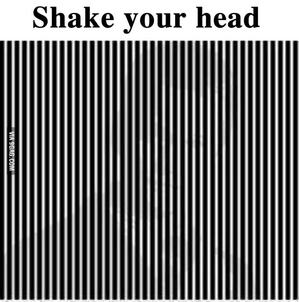Boring Gloria Mark is unstressful
mindless at-work activities such as surfing the Web or deleting the inbox--may sound a bit mind-numbing. But new research has found that people are actually happiest on the job doing unchallenging assignments.
The study, led by Gloria Mark at the University of California, Irvine along with colleagues at Microsoft Research, examined how employees' mood and attention change when performing various activities at work, such as responding to email or checking FacebookFB +2.92%.
"With rote work, you get a feeling of accomplishment, but you haven't exerted a lot of mental activity," says Dr. Mark. "It gives you a feeling of fulfillment, but there's not frustration or stress."
The researchers' findings provide a picture of how boredom and focus change throughout the day--and what digital tasks make workers happiest.
Focus, they found, peaks in the mid-afternoon from 2 to 3 p.m. and also rises in late morning, around 11 a.m., after workers have time to gear up. (After 3, however, workplace focus drops precipitously.) Meanwhile, people are most bored early in the afternoon, soon after lunch--and not surprisingly, on Mondays.
"It takes time to ramp up and get into a focused and productive state," says Dr. Mark. "You don't hit the ground running."
The research will be presented at a panel on workplace distraction at the SXSW Interactive conference on Saturday, and is forthcoming for publication in April at the Proceedings of the Computer-Human Interaction Conference 2014.
Workers may say they want a challenge, but the researchers found that employees were actually less happy doing work they rated as difficult, involving a lot of attention and engagement, such as reading and responding to emails.
"Focus involves a kind of stress and people aren't generally happy when they are stressed," says Dr. Mark. By contrast, "rote work is effortless, so you can get gratification for getting things done."
Another mood booster? Facebook. The researchers found that occasionally "grazing" the social network seemed to provide a refreshing break for workers, boosting their happiness. Unlike responding to email or chit-chatting with colleagues, making a quick trip to Facebook doesn't require much focus or stress, Dr. Mark says.
